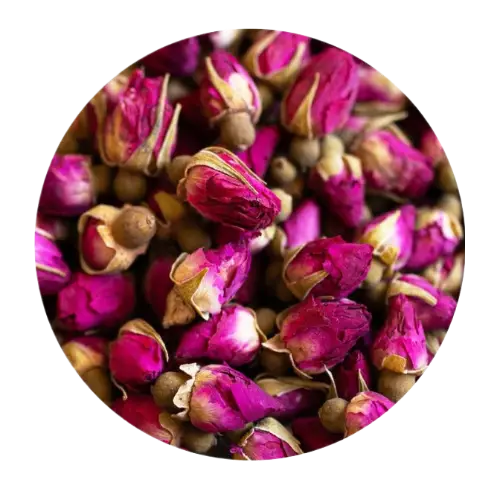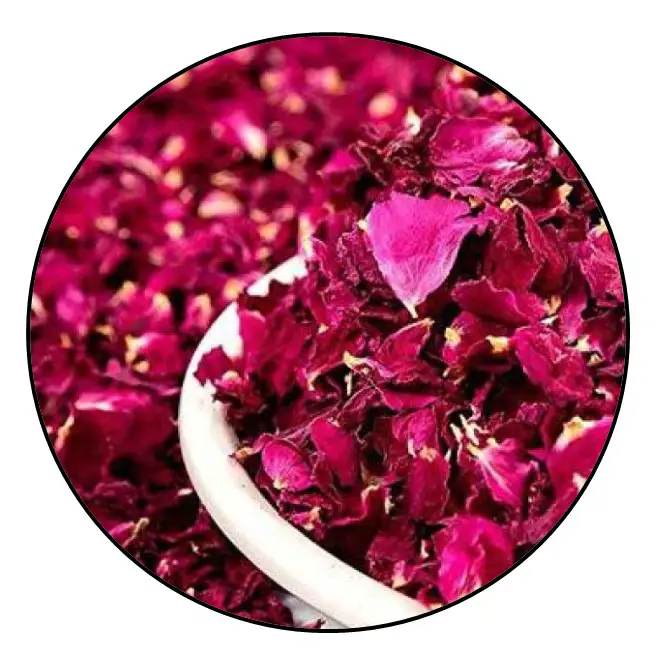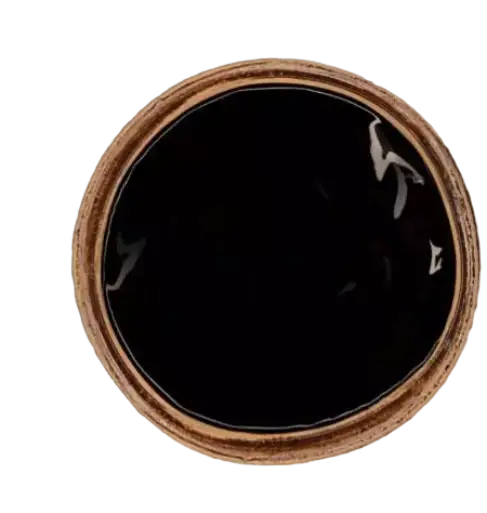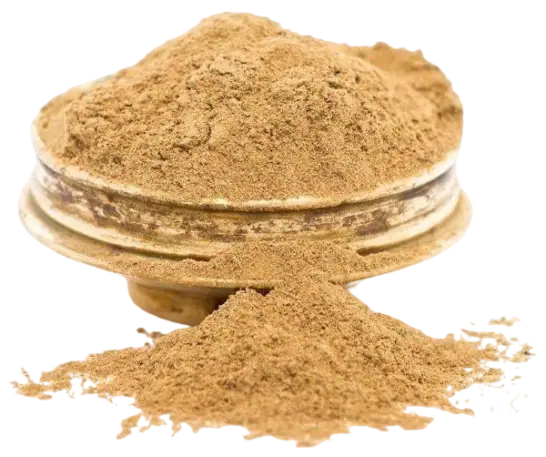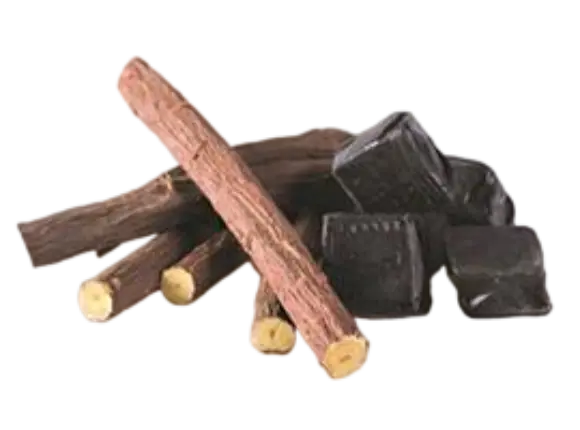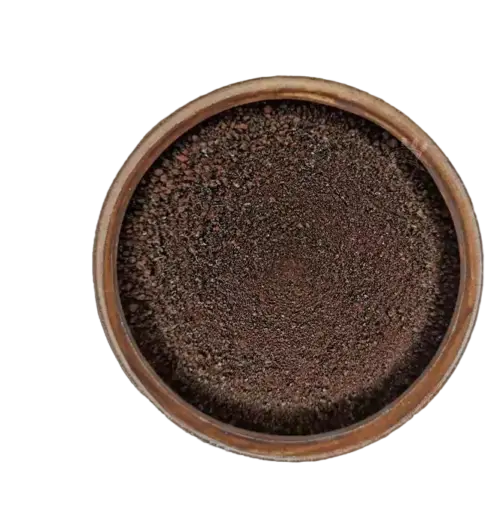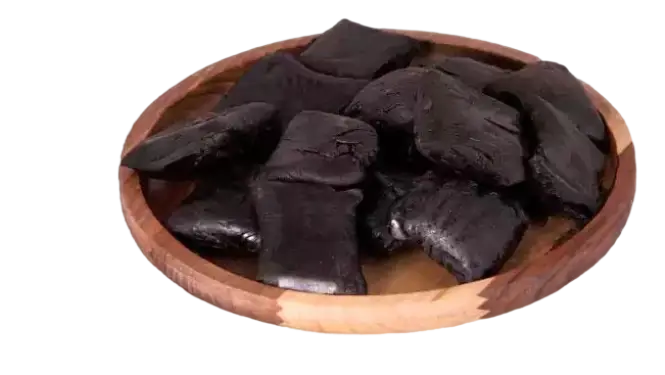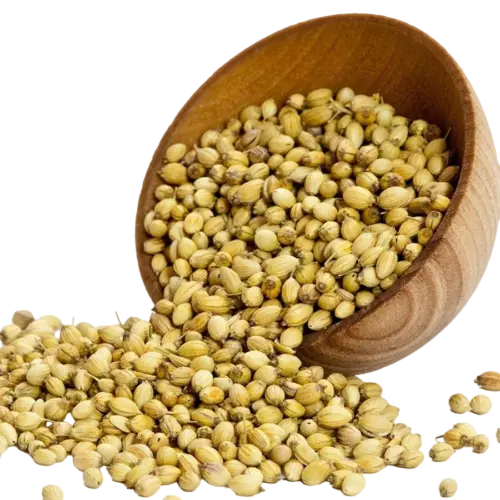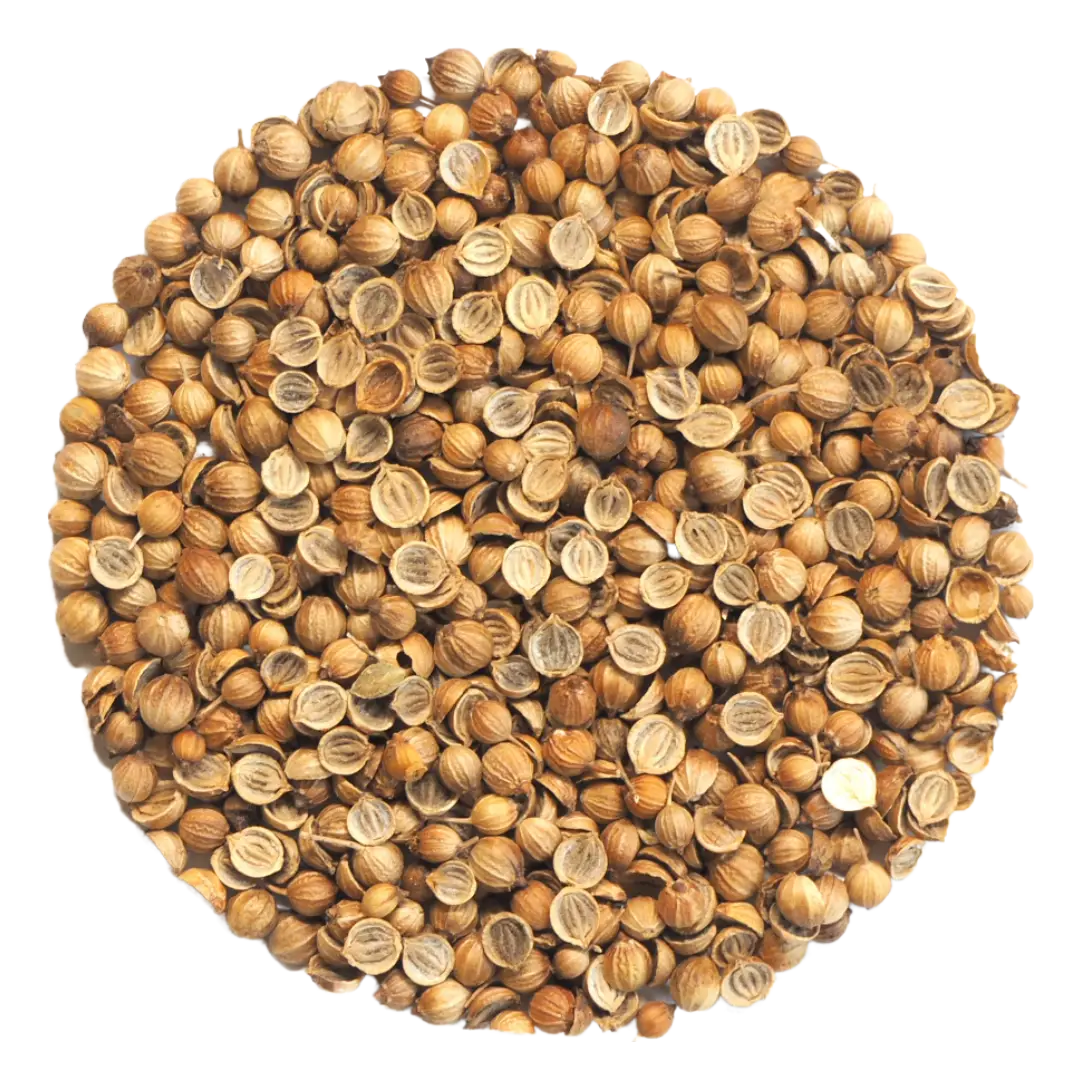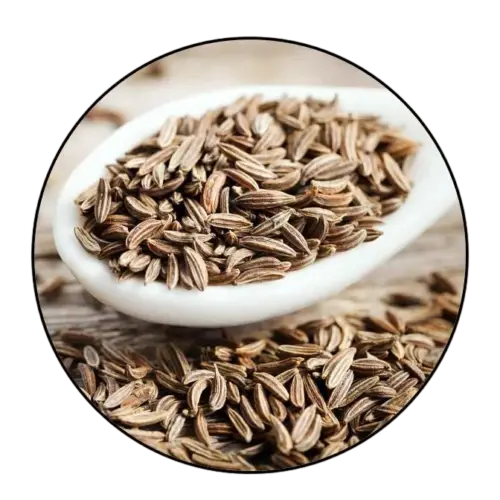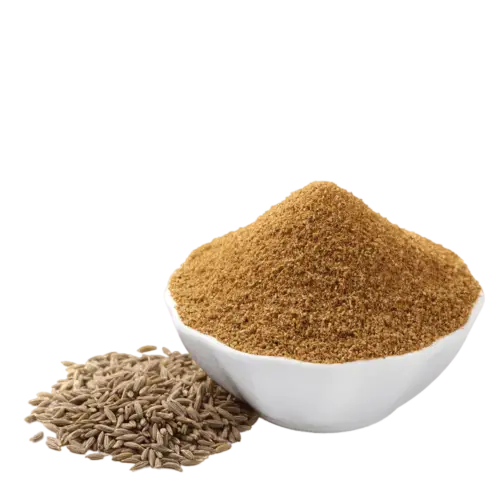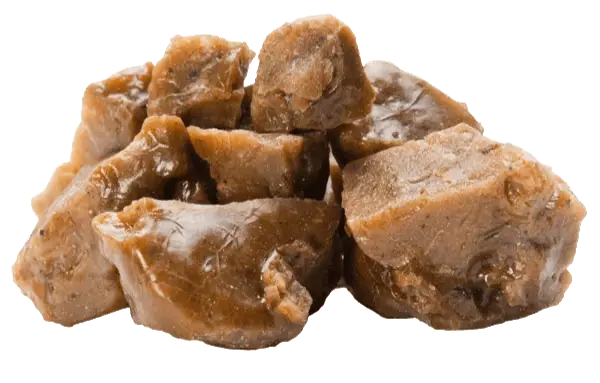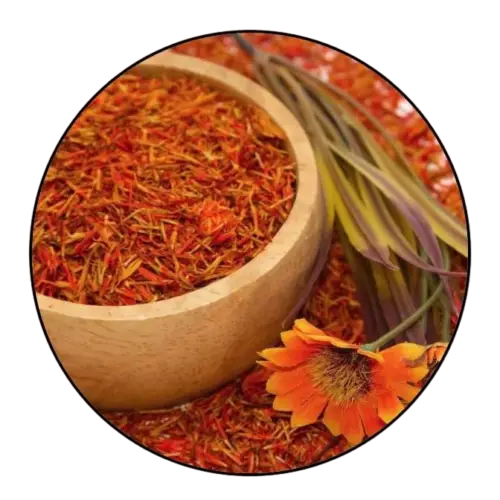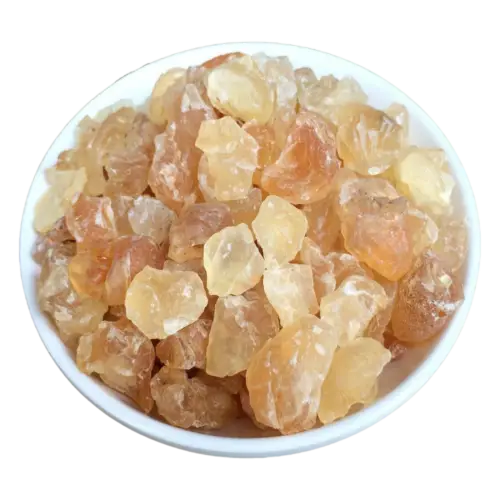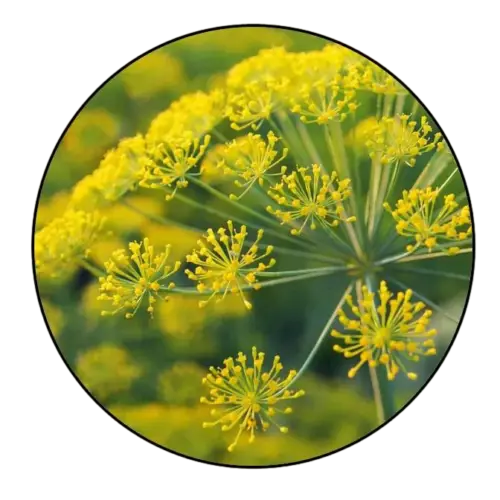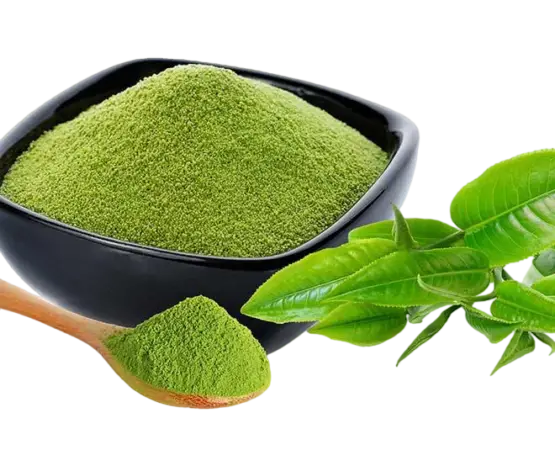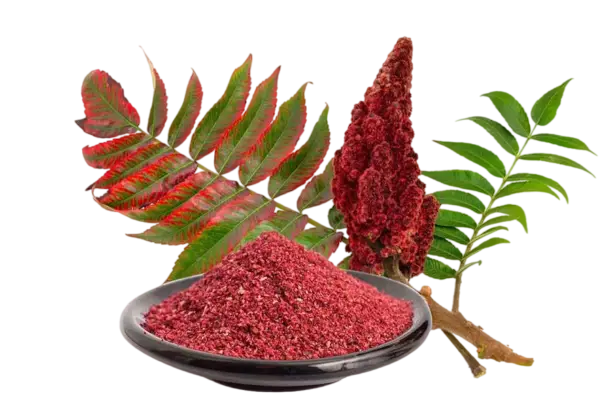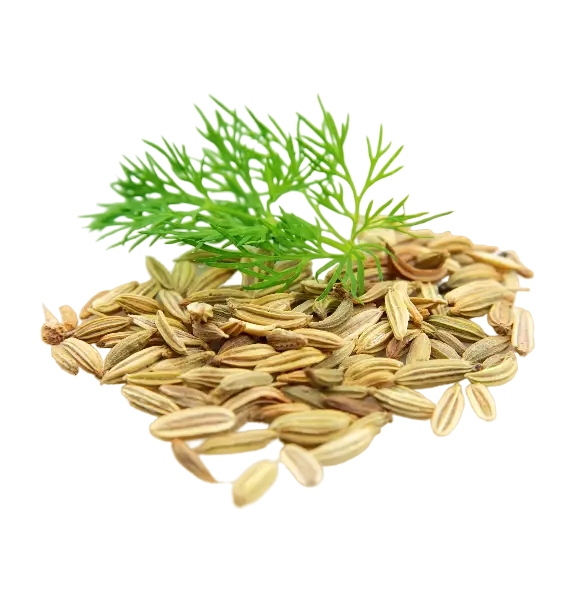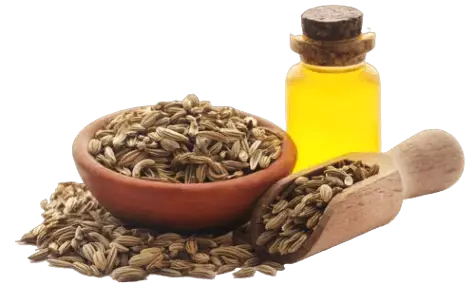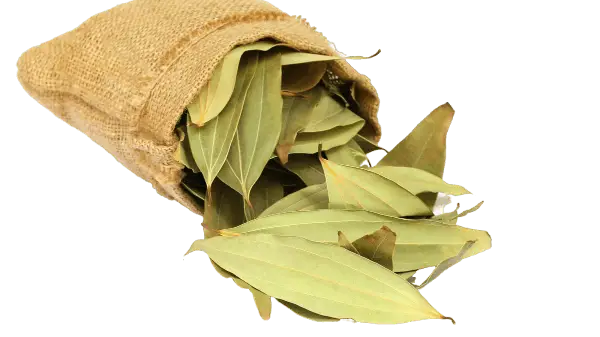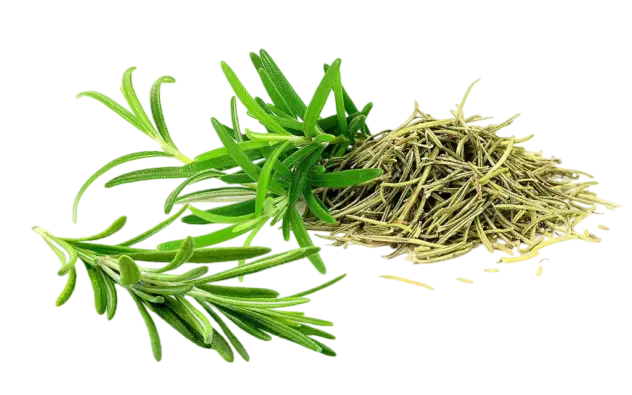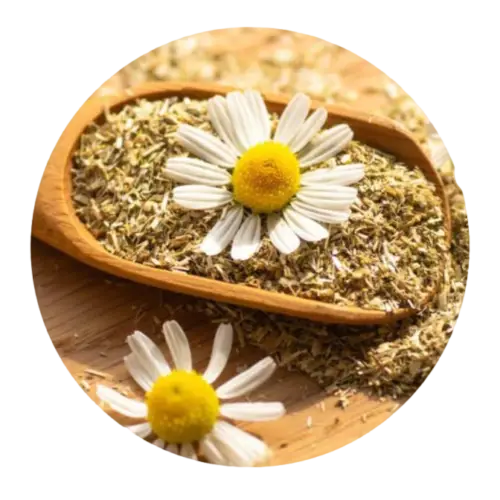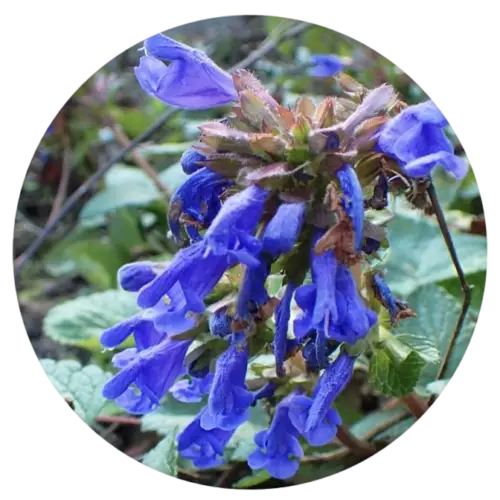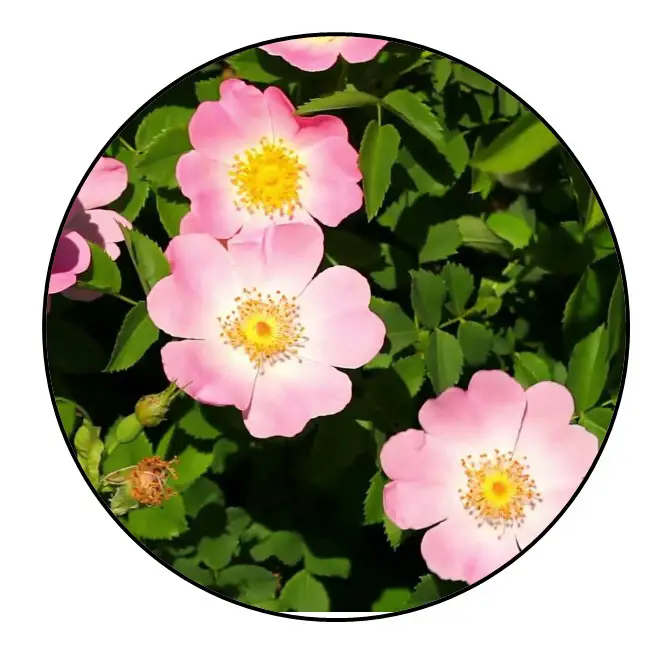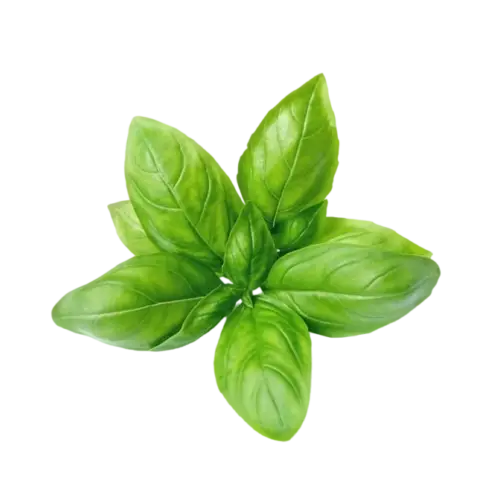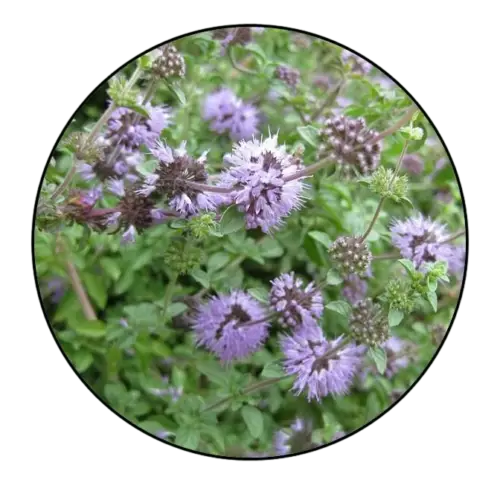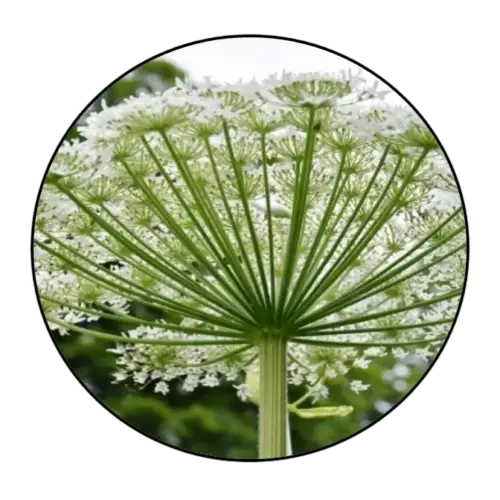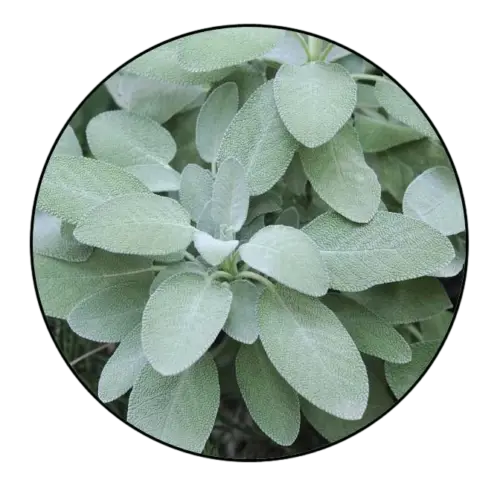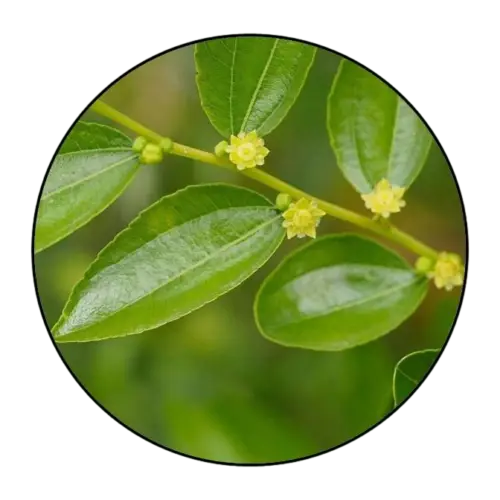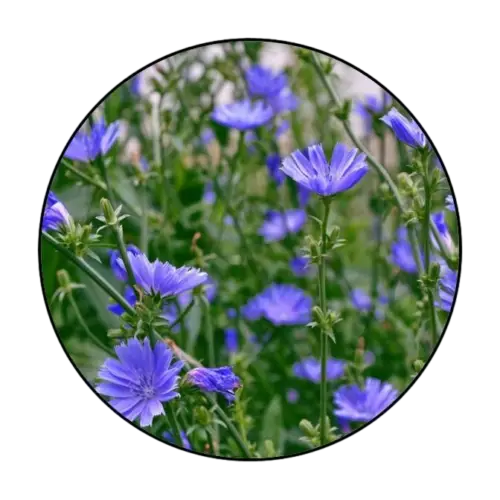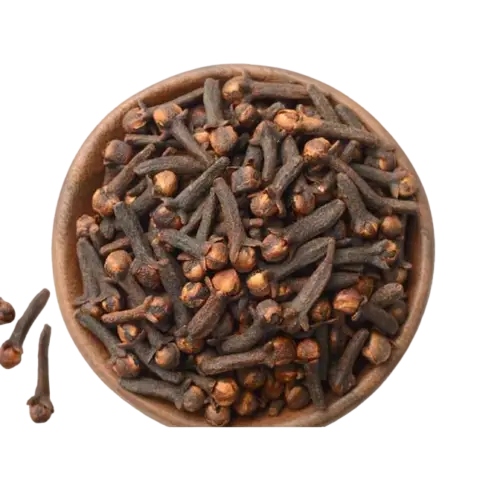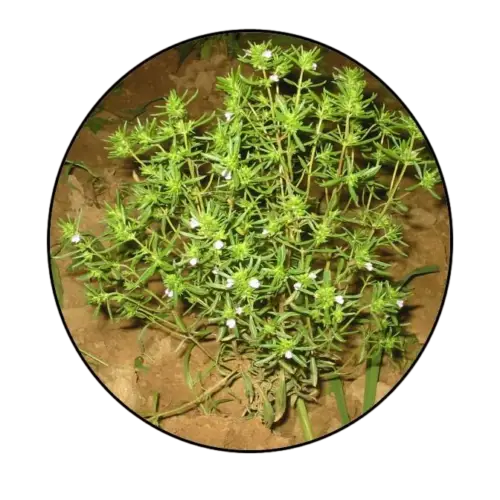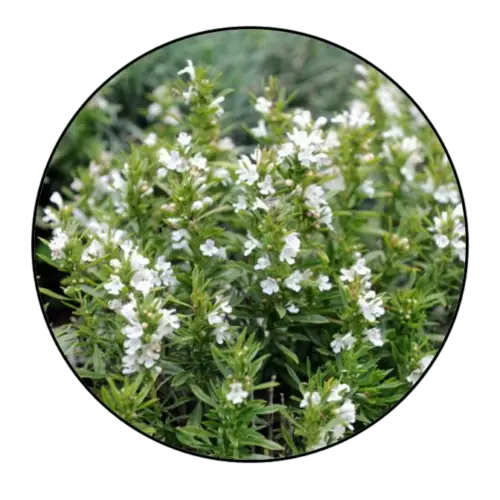Henna
Henna is obtained from a plant with the scientific name Lawsonia inermis L. of the Lythraceae family. The leaves of this plant are picked and dried and ground into powder. Henna leaves are harvested twice a year. At the beginning of July, it is called Henna Garma, which has thick, light green leaves, and at the end of November, it is called Henna Qos, which is dark green in color. Henna dye is called Lawsone, It has the molecular formula C10H6O3 which is extracted from henna leaves. Henna leaf powder is traditionally used to dye hands, feet and hair, and in traditional medicine, henna mixed with water is used as an anti-microbial and anti-fungal agent. Its other uses can be mentioned in the textile and dyeing industries and its other forms such as extracts in some cosmetic products such as shampoos, hair dyes and sun creams.
Product Technical Specifications:
Henna Technical Specifications | |||
No. | Characteristics | Unit | Measurement Limit |
1 | Appearance Features | - | Henna should be prepared as fine and dry powder from the fresh leaves of the henna plant and should be free of foreign materials. If it is passed through a 250 micron sieve, at least 95% of the powder will pass through it. |
2 | Total Ash on Dry Matter Basis | Weight percentage | Max 10 |
3 | Fat | Weight percentage | 3 to 6 |
4 | Henna dye - Lawsone | Weight percentage | Min 2 |
5 | PH (10% solution) | - | 4.5-5.5 |
6 | Moisture and Volatile Substances | Weight percentage | Max 5 |
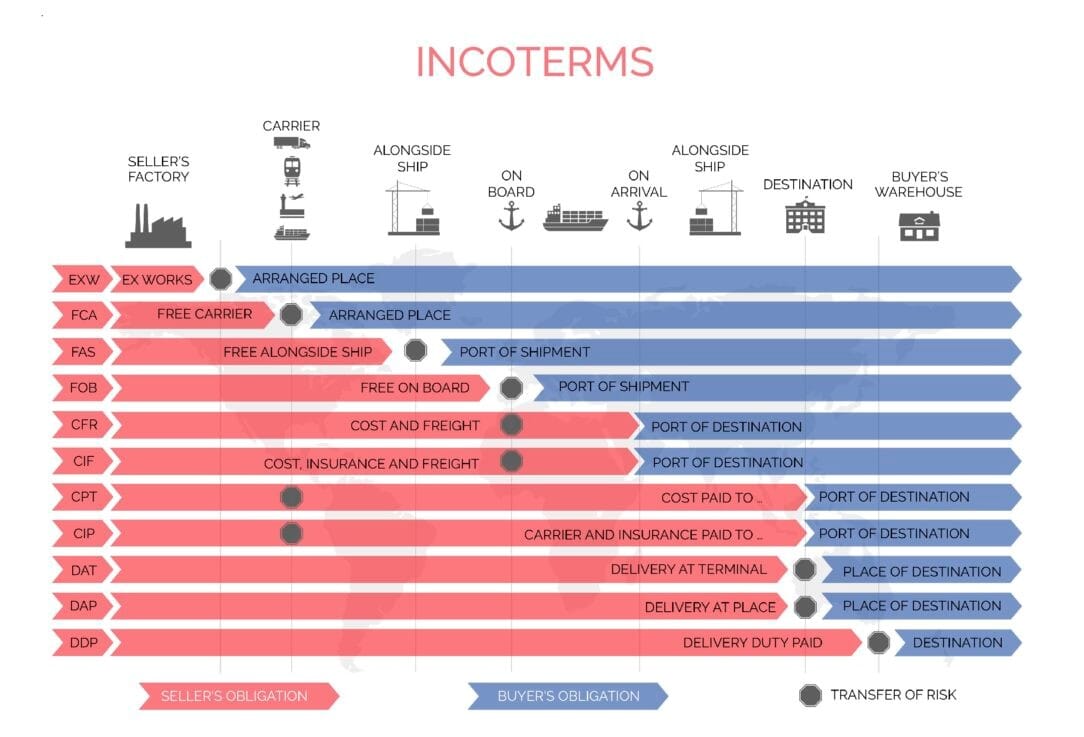
Storage Conditions: Henna should be stored in the original packaging away from direct sunlight and in a dry and cool place.
Certifications:
- Iran National Standards Organization
- Iran Plant Protection Organization
- Standard of Good Agricultural Practices
- Organic Agricultural Products Certification
- physical, chemical and microbial analyzes from the most reliable laboratories
- HACCP
- ISO
- FSSC
- IFS
- SGS
- BRC

